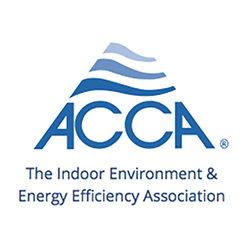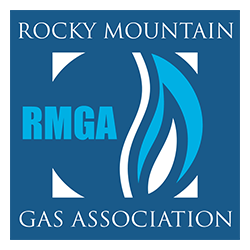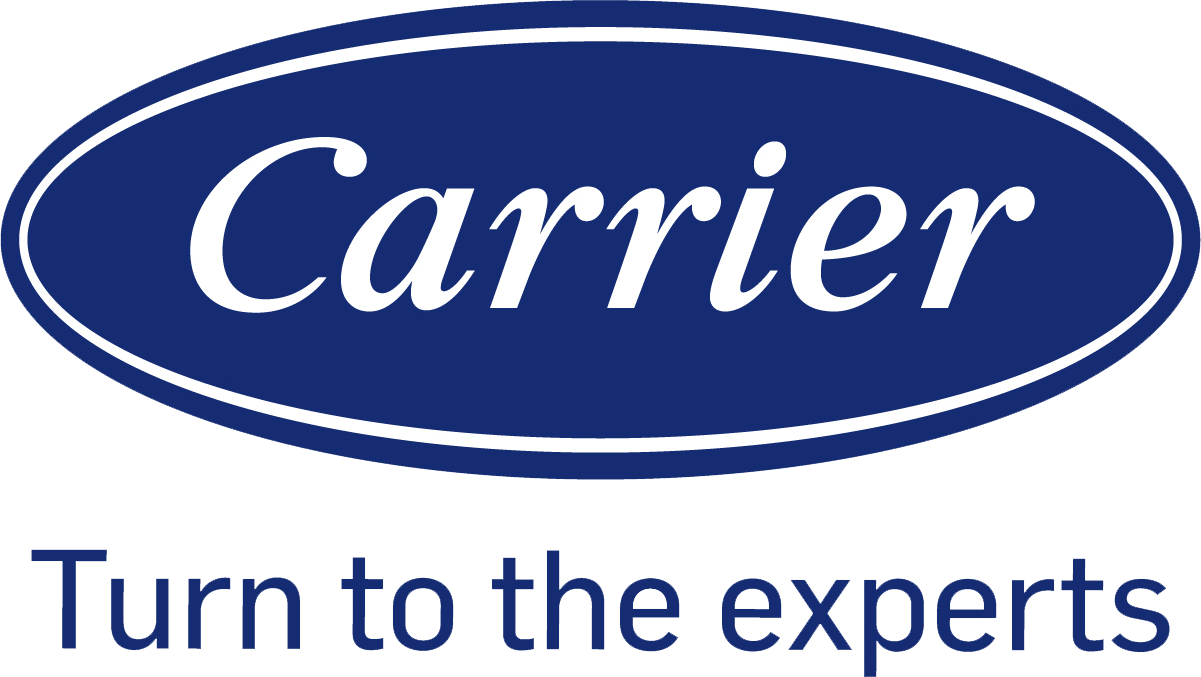When it comes to maintaining a comfortable and healthy indoor environment, one critical but often overlooked component is the HVAC filter. Selecting the right HVAC filter is not just about ensuring your construction air conditioning system runs efficiently; it’s also about improving air quality and protecting your household from pollutants and allergens. Here are tips to help you make an informed decision when choosing an HVAC filter for your needs.

Understanding MERV Ratings
One of the key factors to consider when selecting an HVAC filter is the minimum efficiency reporting value (MERV). This rating measures a filter’s ability to capture airborne particles of varying sizes. For most residential settings, filters with a MERV rating between 7 and 12 offer a good balance between air filtration efficiency and proper airflow within the HVAC system. Higher MERV ratings (13-16) can capture finer particles, such as pollen, mold spores, and certain types of smoke. They are a good choice for households with allergy sufferers or those looking for superior air quality.
Types of HVAC Filters
There are several types of filters available on the market. The following are the most commonly used in HVAC systems:
Fiberglass Air Filters
Fiberglass filters are the most economical choice for cooling and heating construction projects. They are suitable for protecting the HVAC equipment rather than filtering small particles that affect indoor air quality. With MERV ratings between 1 and 4, they capture large particles like dust and lint. They need to be replaced frequently — usually every month.
Pleated Air Filters
A more effective option for improving indoor air quality is the pleated air filter. This type of filter has a larger surface area to capture a wider range of particles, including mold spores, pet dander and pollen. Generally, pleated filters need changing every three months and can have MERV ratings from 6 up to 13, catering to different needs and air quality goals.
Electrostatic Air Filters
Electrostatic filters, available in disposable and reusable options, use self-charging fibers to attract and trap smaller particles. These filters can be particularly beneficial for homes with pets, smokers or children. While disposable versions need replacement every three months, reusable electrostatic filters can last longer but require regular cleaning to remain effective.
High-Efficiency Air Filters
If you’re looking for the highest level of air filtration, high-efficiency air filters with MERV ratings of 9-16 would be your best bet. They capture up to 95% of airborne particles, including those as small as 0.3 microns. However, it’s crucial to check your HVAC system’s specifications, as these filters may restrict airflow more than lower-rated options. They can potentially impact system efficiency, leading to higher energy bills or equipment strain.
Balancing Airflow and Filtration
While a higher MERV rating indicates better filtration capabilities, it’s essential to balance air quality improvements with your HVAC system’s ability to handle the airflow restriction caused by denser filters. Choosing a filter with too much restriction might cause your system to work harder, increasing energy consumption and possibly leading to premature equipment failure. Consult an HVAC professional to ensure the chosen filter complements your system without causing additional strain.
HVAC Construction, Inc. can help you improve your indoor air quality while maximizing your heating and cooling system’s efficiency. Call us at (801) 298-4822 or fill out our contact form to schedule a service appointment.







